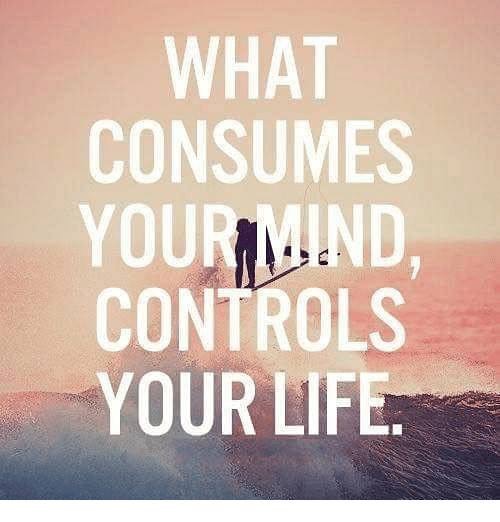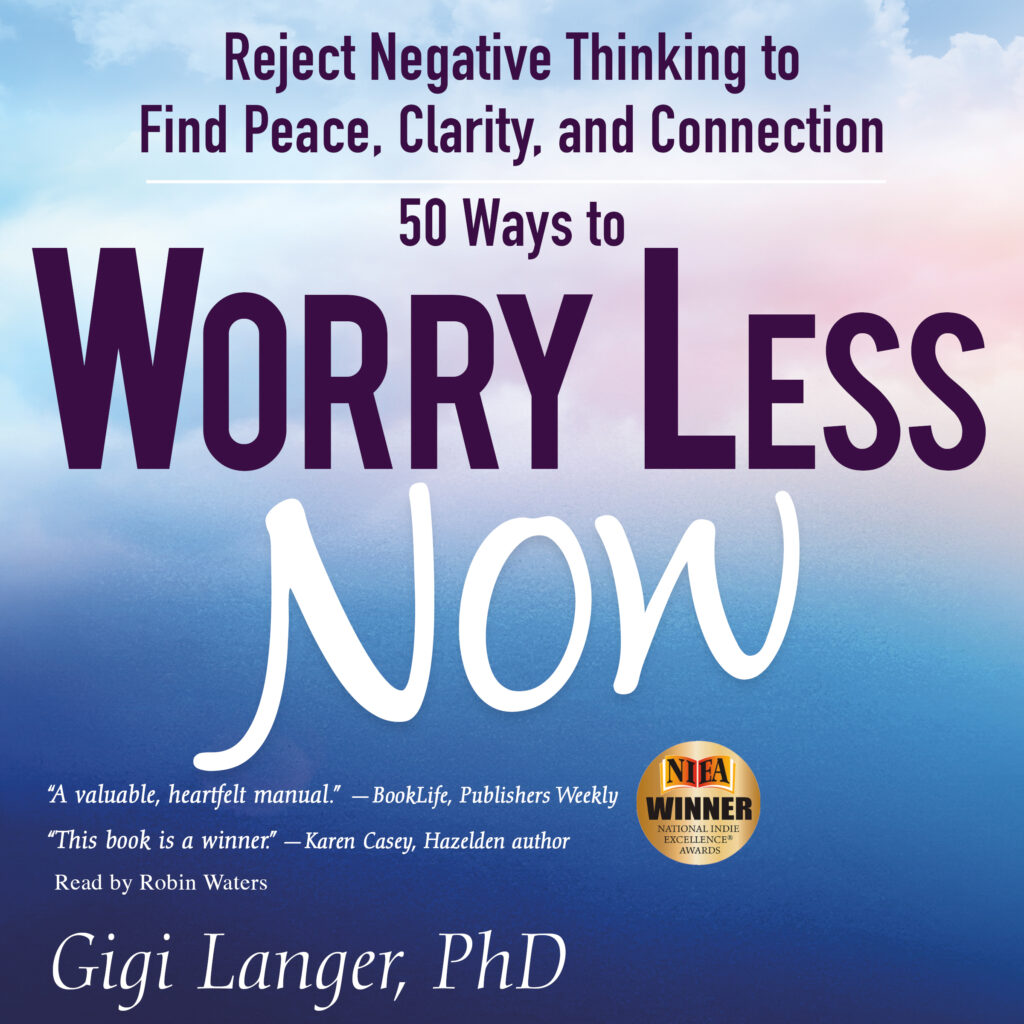
Selfish thinking wrecks our relationships, health, and life success. This destructive force sounds like this:
- What can I get out of this?
- How can I hold on to what I have?
- What can I accomplish so I can look good? Why can’t those other people behave so I can relax?
- How can I avoid pain and suffering?
THE COST OF SELF-WILL
Ironically, most pain and suffering is caused by living from selfish motivations. As long as our dishonesty and inconsideration are in the driver’s seat, we have little chance of happiness or peace of mind. In my experience, we gain love and success when we ask a power greater than our selfishness to guide us, and then consistently practice rejecting self-centered thinking.
If that seems far-fetched, let’s consider how well your life works when guided by your own self-centered thoughts and feelings. In my case, I could not get relationships to work because I was seeking only to fulfill my own emotional and romantic needs. I only got good grades and degrees to gain respect and admiration from others. Such purely selfish motives resulted only in disillusion, bitterness, alcohol abuse, promiscuity, extreme stress, and chronic pain.
But all that changed once I got honest, found a higher power, and chose to make my life better through consistent practices and healthy tools.
HONESTY
It takes a healthy amount of self-honesty to take responsibility for the failures in our lives. Unfortunately, our selfish mind tells us it’s all everyone else’s fault. It loves to play the role of the victim. Makes sense, right? If I didn’t make the bad things happen, then I don’t have to do anything different!
Perhaps all personal and spiritual growth begins with admitting that our way of doing things is not working. Noone is forcing us to overwork, overeat, lie, or blast anger at a loved one. These reactions are driven by the delusion that I deserve better than what I’m getting.
I must say that honestly owning our own attitudes, judgments, and actions takes courage and often requires the support of healthy friends or a professional. Further, it’s hard to get honest when we’re using drugs, booze, shopping, food, overwork, or other ways to numb our feelings.
POWER
Once we realize our own efforts are only bringing us unhappiness, we are left with one choice: to find a power greater than our own failings to guide us. We may find it within us, outside us, or all around us. It doesn’t matter what you call it—God, higher power, universe, love, inner-guide, true self, nature, etc.–this power can dissolve the fearful self’s messages. But, this requires commitment and practice.
CHOICE & PRACTICE
Unfortunately, one decision to trust a loving power doesn’t put things right. Each day–and sometimes each minute–we can choose to reject our selfish behavior by visualizing how we want to be in the future. And then we practice keeping our mind away from limited thinking.
In my case, I ask a higher power to give me courage, compassion, and grace in all my interactions. I also ask for specifics, for example, a successful new “Worry Less Now” video course. I always leave a little “wiggle room” for a higher magic by adding “in the best way for all.” We don’t have to plot each step toward our desired goal; we just have to keep affirming that it is coming to us in its own time and in way. But we need to be on guard for dishonesty and self-centered fear.
Only regular practice can replace the chatter of self-will with loving wisdom and care. To open the channel to our source, we might use meditation, energy work, cognitive reframing, prayer, acts of kindness, forgiveness visualizations, guided meditations, or groups studying inspiring texts (e.g., The Four Agreements, The Power of Now, Course in Miracles, Bible, etc.) Any practice that connects us with a positive power can overcome our self-centered, demanding, and critical thoughts and actions.
WHAT ARE SOME OF YOUR FAVORITE WAYS TO OVERCOME SELF-CENTERED THINKING? We’d love to hear from you.
For more specific practices that reduce selfish, negative thinking, please see my book and blog at GigiLanger.com.

Gigi Langer has been sober 34 years, and holds a PhD in Psychological Studies in Education from Stanford University. Formerly crowned the “Queen of Worry,” Gigi resigned her post many years ago and now lives happily in Michigan with her husband, Peter and her cat, Murphy.

In Worry Less Now, Gigi shares her personal journey as a prisoner of fear, worry, and substance abuse, along with practical techniques anyone can use. Award-winner with rave reviews. Amazon rating: 4.8 stars.
Get special offers on the paperback, e-book, and audiobook HERE.




 Gigi Langer, a Stanford PhD, is a former teacher who quit drinking, only to find that her negative thinking, judging, and fears kept her in a cycle of worry, codependency, chronic pain, perfectionism, and overworking. Her award-winning
Gigi Langer, a Stanford PhD, is a former teacher who quit drinking, only to find that her negative thinking, judging, and fears kept her in a cycle of worry, codependency, chronic pain, perfectionism, and overworking. Her award-winning  A lot of friends are saying their energy has deserted them, perhaps due to the shorter days and Daylight Savings in the U.S. And yet, there’s SO much to get done before the holidays.
A lot of friends are saying their energy has deserted them, perhaps due to the shorter days and Daylight Savings in the U.S. And yet, there’s SO much to get done before the holidays.